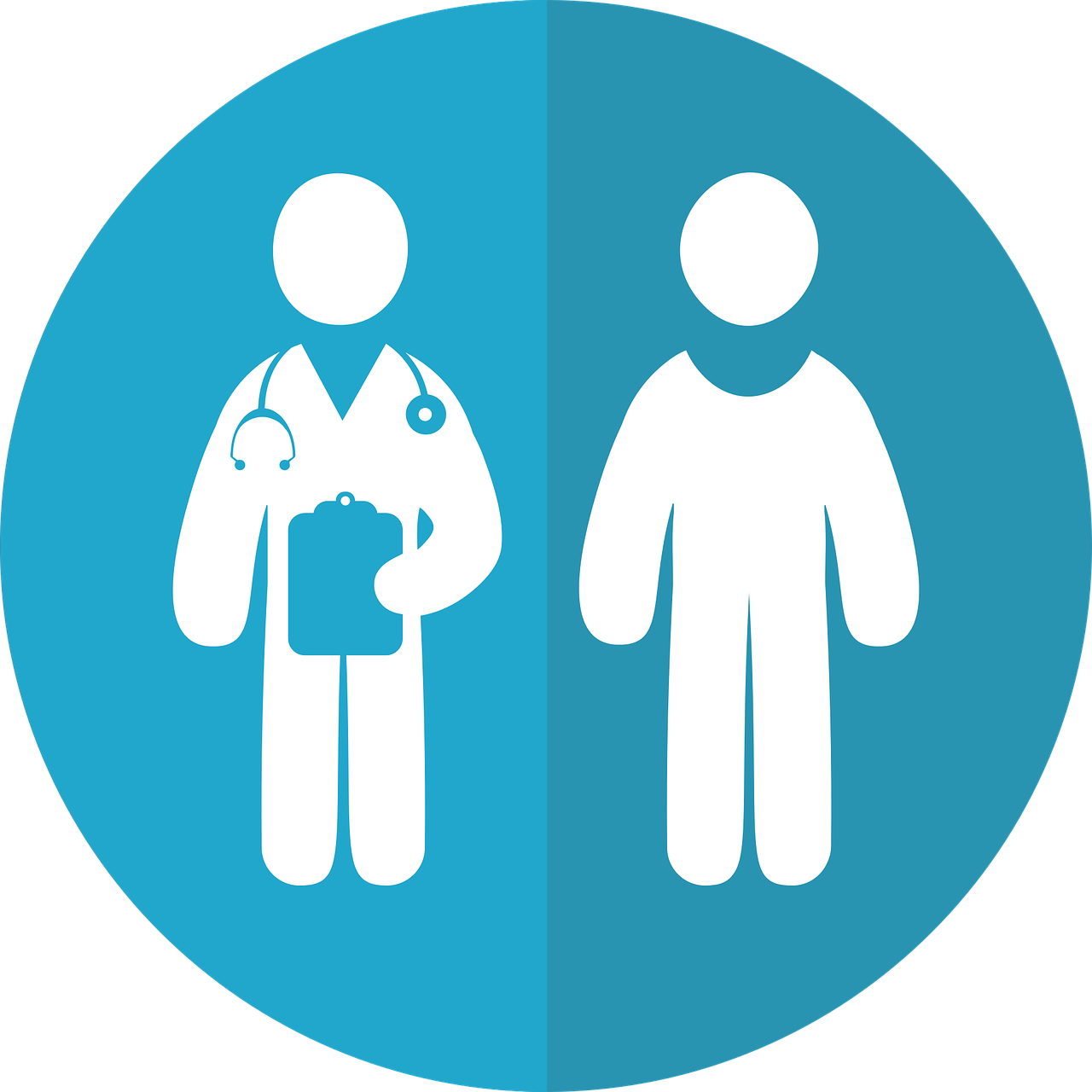Going to the doctor can be a nerve-wracking experience, especially if you're feeling unwell or have been dealing with an ongoing health issue. After all, you want to make sure that whatever is wrong is properly diagnosed and treated. To ensure that your appointment goes as smoothly as possible and that you get the most out of it, there are some important things to keep in mind before going to the doctor.
From making sure you have your medical records handy to know what questions to ask during your visit, these seven tips will help prepare you for a successful trip to the doctor's office.
By being prepared ahead of time and understanding what needs to happen during your appointment, you'll be able to set yourself up for success when it comes time for diagnosis and treatment. 
Before you go to the doctor, make sure that you have all of your medical records and test results up-to-date and organized in one place. This will ensure that your doctor has a complete picture of your health history and can provide an accurate diagnosis and treatment plan. If possible, bring copies of any relevant test results or medical records to your appointment so that the doctor can have them on hand.
Additionally, make sure that you know your family's medical history. This is especially important if you are going to the doctor for a genetic or hereditary condition. Knowing what conditions run in your family can help the doctor determine if any of them could affect you as well.
For instance, if you are going to the doctor for a heart condition and your family has a history of it, the doctor can take that information into account when making a diagnosis.
If you have health insurance, make sure that the doctor you are seeing is in your plan's network. You will usually need to provide proof of insurance when scheduling an appointment and this is also important to keep in mind if you need any tests or treatments as these may not be covered if the doctor is out-of-network.
If you don't have health insurance, you may be able to use a sliding scale fee or other payment plans. Depending on the reason for your visit, do a little research on the cost of services and medications so you can be prepared to pay any required fees. Find out about the average cost of an IUD, a stitch, or a blood test. Talk to the doctor's office ahead of time and ask about their policies so that you know what to expect when it comes time for payment.
When you go to the doctor, you must be prepared with questions and know what to expect from your visit. Make a list of any symptoms or concerns that you have so that you can discuss them with the doctor. Additionally, make sure to ask about potential treatments and medications, side effects and risks associated with them, and any follow-up tests that may be necessary.
For instance, if you are going to the doctor for a suspected urinary tract infection, make sure to ask about the antibiotic that is prescribed and how long it will take for the infection to clear. You should also ask whether or not there are any other treatments available and what lifestyle changes may be necessary to prevent future infections.
Your lifestyle habits can have a significant impact on your health, so it's important to be prepared to discuss these with the doctor. This includes things like diet, stress levels, sleep patterns, exercise routine, alcohol and tobacco use, etc. Be open and honest about your habits so that the doctor can provide sound advice and create a treatment plan that takes these into account.
If you are taking any medications or supplements, make sure to let the doctor know. This will help them determine whether any of these could be impacting your current health condition and provide guidance on how to adjust the dosage or discontinue use if necessary.
Mental health is just as important as physical health and should be discussed with your doctor. If you are feeling stressed, anxious, depressed, or have any other mental health concerns, make sure to bring these up during your visit. Your doctor may recommend medication or therapy to help manage these symptoms and provide a better quality of life.
Additionally, make sure to ask your doctor about any resources that might be available in your area. This could include support groups, online resources, and other options for managing mental health issues.
If you notice any symptoms or changes in your health that you feel are unusual, make sure to mention them to the doctor during your visit. This could include weight changes, skin rashes, pain when moving a certain way, etc. Your doctor can then investigate further and determine if there is an underlying cause for these issues or if they are just a result of normal bodily changes.
On the other hand, if your doctor does not mention anything that you feel is important to discuss, make sure to bring it up! Your health is ultimately in your hands and speaking up about any concerns can help ensure that you get the best possible care and treatment.
If you are feeling anxious about going to the doctor, it can be helpful to bring a friend or family member along with you. They can provide emotional support and help make sure that all of your questions are answered. Having someone else in the room may also encourage the doctor to take more time with you and address any issues that may have been overlooked.
Your companion can help you remember any information that was discussed during the appointment. They can take notes if needed and provide a second opinion so that you make informed decisions about your care.

When going to the doctor, it’s important to be prepared and know what questions you want to ask. Make sure that you discuss any symptoms or concerns that you have as well as your lifestyle habits and mental health issues.
Additionally, make sure to bring up anything out of the ordinary for your doctor to investigate further if necessary. If needed, don't hesitate to bring a friend or family member with you who can provide emotional support during the visit and help remember any information discussed by your doctor.
By keeping these tips in mind before visiting your physician, you will ensure that all of your needs are met and get the best possible care available!





